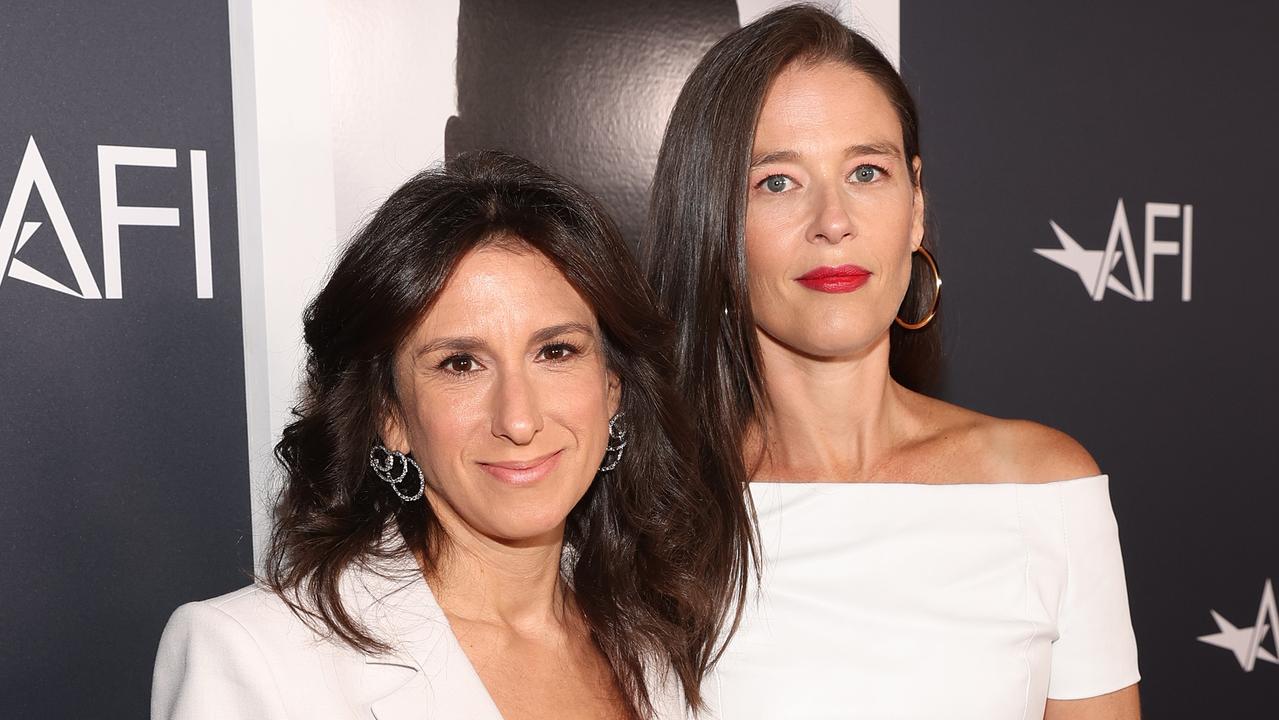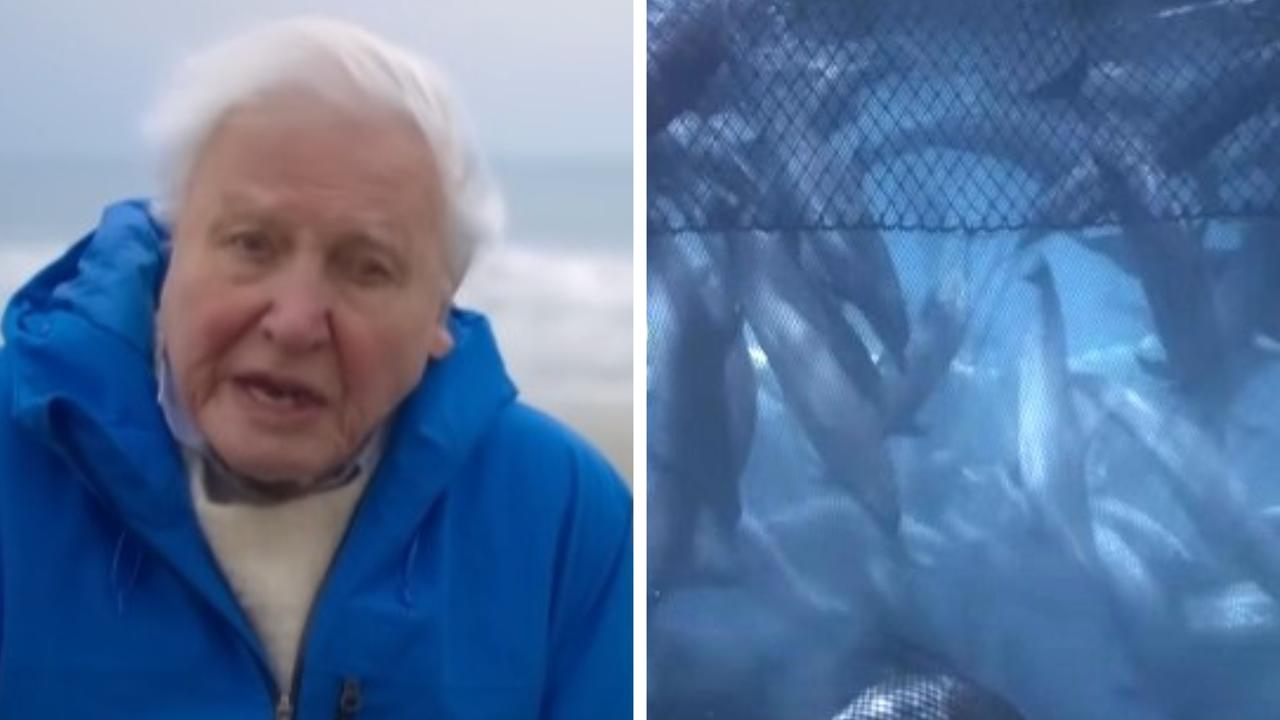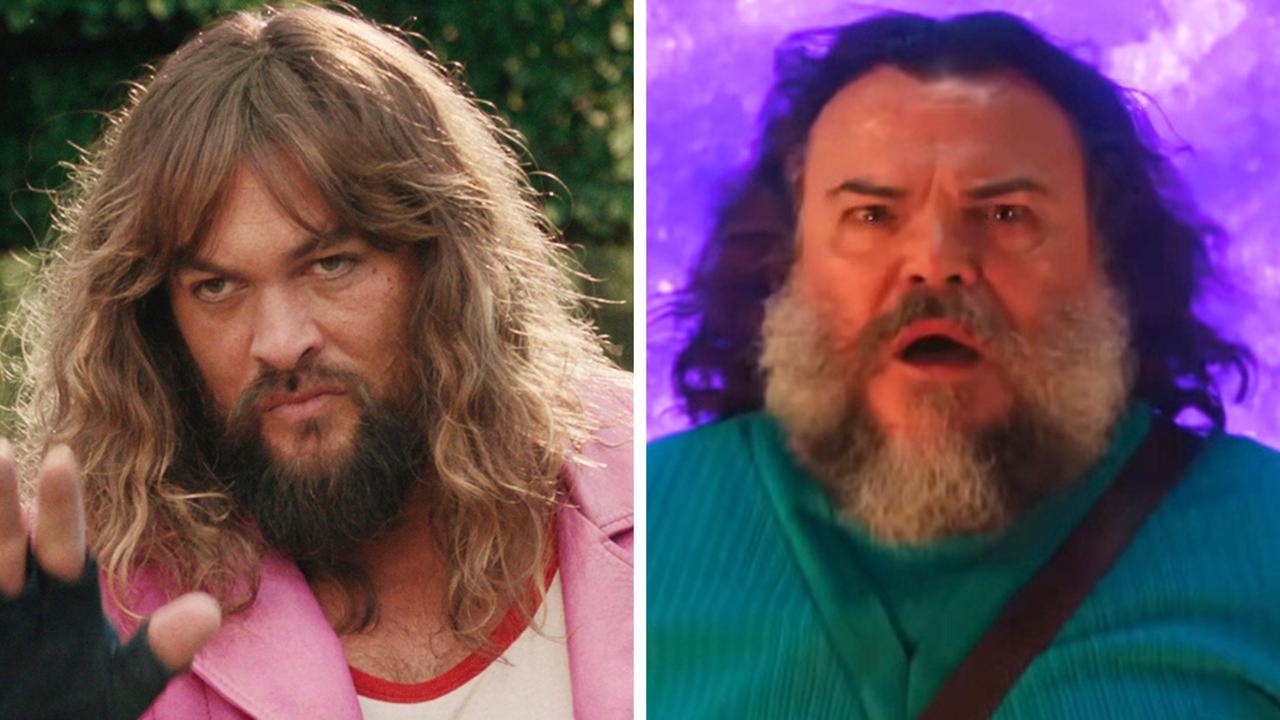She Said movie: New York Times’ Jodi Kantor and Megan Twohey on taking down Harvey Weinstein
It was one of the biggest stories of the past five years, bringing about tectonic change. But no one was certain the world would care.

She Said is a powerful movie about the women who brought down a powerful movie mogul.
Based on The New York Times investigation into Harvey Weinstein, She Said charts the work of reporters Jodi Kantor and Megan Twohey in breaking the news and turbocharging the MeToo movement, by telling the stories of the Hollywood heavyweight’s many victims.
It’s a drama that should be mentioned in the same breath as All the President’s Men or Spotlight, telling not just one story, but exposing a system which enabled horrendous behaviour and covered it up for decades.
The Weinstein scandal was a tectonic shift in Hollywood, and five years on, the reckoning continues.
Kantor and Twohey have garnered a lot of attention for their work – including a Pulitzer Prize – but reporters don’t usually become the story. Until, of course, they found themselves fielding phone calls from Hollywood producers, wanting to turn their experiences into a film.
“It was a surreal experience,” Twohey told news.com.au. “But at the same time, we took that interest really seriously because we recognised the potential of it. There were many people who read our story and many who read our book.
“But the opportunity to basically share the stories of these incredibly brave sources, and also to do an accurate depiction of journalism, felt like an opportunity we couldn’t pass up.”
Kantor and Twohey had the challenge of vetting who they thought could handle the adaptation with grace and dignity – and ended up choosing producer Dede Gardner and Plan B, director Maria Schrader and screenwriter Rebecca Lenkiewicz.
The irony of using the industry Weinstein lorded over for so long to further strip him of his legacy wasn’t lost on them.
Stream more entertainment news live & on demand with Flash. 25+ news channels in 1 place. New to Flash? Try 1 month free. Offer available for a limited time only >

“It’s actually a strength of the film because this is a bold, daring movie,” Kantor said. “This is returning the Weinstein story to his medium and a world that to some degree he created and certainly mastered. And yet now on very different terms.
“What especially moves Megan and I is the treatment of women such as Laura Madden, Zelda Perkins and Rowena Chiu. He left those women out with the trash. In some cases, he subjected them to legal agreements that that meant that they could not tell their own story.
“Well, what’s happened to their story? It’s been returned to the big screen. And with a level of dignity and respect that those women were never afforded the first time around. That’s the high bar the filmmakers had to meet.”
In the days after Kantor and Twohey published their piece, the dam walls collapsed. Scores of women came forward to accuse Weinstein of rape, assault, bullying and emotional abuse dating back decades.
Among the women who put their names to the accusations included high profile actors including Gwyneth Paltrow and Angelina Jolie.
“Almost immediately, we could feel the shift happen. Within hours, certainly days of us pressing publish, our emails and our phones were flooded with other women who were coming forward with their stories of abuse and harassment,” Twohey recalled.
“I remember when we were working on this story, we had no idea what the impact would be. The night before the story was published, Jodi and I left the newsroom late and we shared a taxi home. We turned to each other and wondered aloud, ‘Is anybody going to care about this article?’.”

While the MeToo movement was supercharged with Weinstein’s downfall, the crusade has had its growing pains. Any social change, any shift in the status quo, provokes reactionary forces.
“Have we eliminated those issues altogether?” Twohey asked. “No, we haven’t. But five years is also a short period of time. As journalists, we don’t have the power to solve the problems that we write about. But we believe that you can’t solve a problem you can’t see.
“We don’t have a magic wand to fix everything but we do have the power of the pen and the ability to publish the facts.”
The MeToo movement has had its setbacks. The initial surge and the promise of deep, lasting change gave way to pushbacks. Some of those it took down fought back and tried to reclaim the narrative, including disgraced comedian Louis C.K.
Kantor was one of the journalists who broke the C.K. story, of the comedian, filmmaker and actor’s predatory behaviour against women colleagues which including masturbating in front of them.
“It present questions about the nature of MeToo,” Kantor said. “Part of what’s interesting about the Louis C.K. story is that there’s no factual dispute about what happened because he acknowledged that the women were telling the truth.
“So the debate that’s been building about his return and his recent success is a sign of how messy it is to live through social change.
“[The role of journalists] is not really to take sides or push a movement, but to chronicle what happened. With the Louis C.K. case, as with the Weinstein story, we were able to make these stories visible thanks to the women involved.
“There’s been five years of social debate in the world ever since – and it’s been a fruitful, rich and painful debate.”
She Said is in cinemas now






